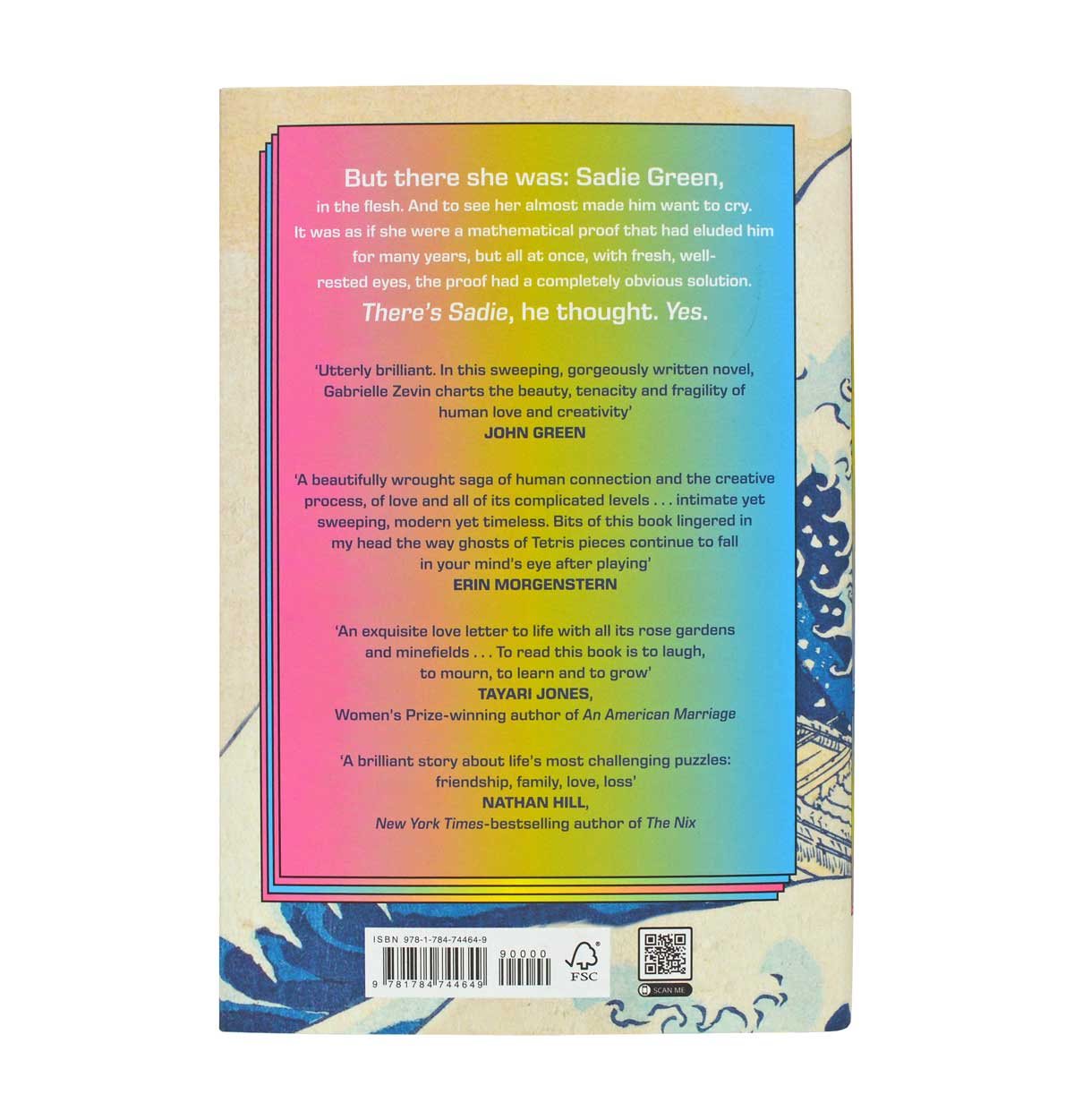

And almost all of them start with, you know, a sort of manifesto about whether one is a gamer or not.īut I actually also find that to be quite strange. I’ve read some online reviews of it, of which there have been many, many, many, many online reviews. I lured you in by telling you, don’t worry, I don’t play video games, and I loved the book. I have to admit that in order to introduce you to Tomorrow, and Tomorrow, and Tomorrow, I just used a very cheap trick that a lot of journalists and critics have been using, too.

I personally had never considered myself a gamer, but when I started reading this book, I realised that actually maybe I was. It’s written for a generation that has always played video games, that remembers Pac-Man and Donkey Kong and Minesweeper. First, my friends in publishing started telling me about it, and then my friends outside of publishing started telling me about it. Tomorrow, and Tomorrow, and Tomorrow came out last year and it was an instant bestseller. And it is also about video games and the last, I think, 30 years of video game history becoming a sort of shadow history for the last 30 years of just living in America as an artist and a person. And it’s about, I think, figuring out exactly what that relationship is, you know. But they are not married and they don’t have children. It’s about these two people who make video games together, and they’re the most important people in each other’s lives. And in turn, we as readers end up going on a 30-year journey with them. When they get older, they reconnect and they build a whole video game empire together. It’s the story about two friends, a boy named Sam, and a girl named Sadie, who meet as kids and bond over playing video games. There’s a book I recently loved called Tomorrow, and Tomorrow, and Tomorrow by Gabrielle Zevin.


 0 kommentar(er)
0 kommentar(er)
